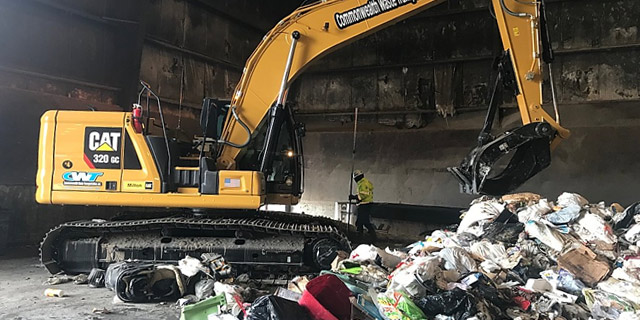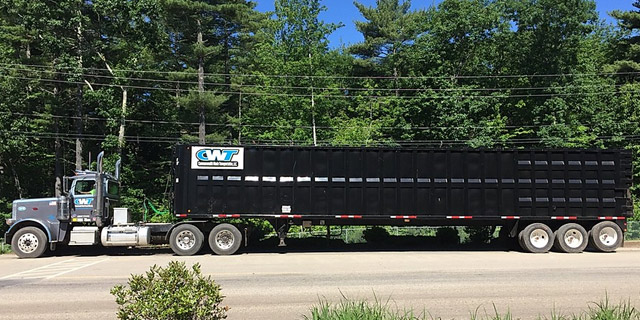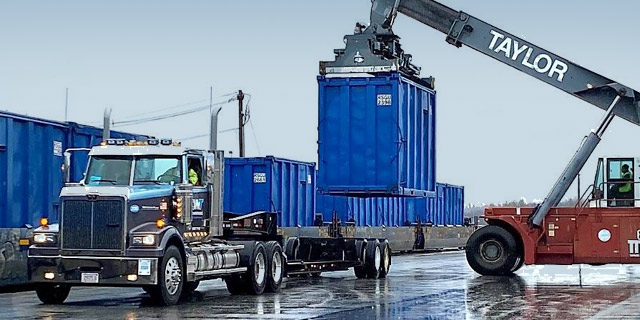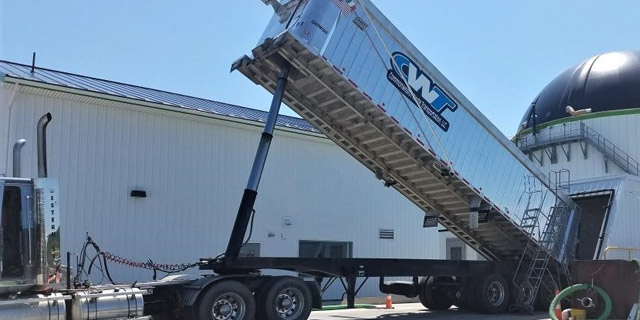
Commonwealth Waste Transportation
May 24
Streamline Your Waste Management with Comprehensive Services Across New England
Efficient waste management is vital for environmental sustainability and public health. From transfer station management to recycling initiatives and organic waste transportation, implementing comprehensive waste management services is essential. Here are just a few of the key components of effective waste management, including transfer station management, recycling efforts, intermodal trailers, and organic waste transportation.

Transfer Station Management
Transfer stations act as crucial hubs in the waste management process. Proper management ensures smooth operations, optimizing waste sorting, consolidation, and transport to disposal or recycling facilities. Effective transfer station management minimizes environmental impact and improves overall efficiency.

Recycling Initiatives
Encouraging recycling is a fundamental aspect of responsible waste management. By implementing recycling programs, materials such as paper, plastics, glass, and metals can be diverted from landfills, conserving resources and reducing pollution. A comprehensive waste management service includes robust recycling initiatives and education for individuals and businesses alike.

Intermodal Trailers
Utilizing intermodal trailers in waste management provides flexibility and efficiency in transporting waste materials. These trailers can seamlessly switch between different modes of transportation, including rail, truck, and ship, optimizing logistics and reducing the carbon footprint associated with long-distance waste transportation.

Organic Waste Transportation
Transporting organic waste requires specialized handling to prevent odors, contamination, and the release of harmful greenhouse gases. Dedicated transportation services for organic waste ensure proper containment and timely delivery to composting or anaerobic digestion facilities, promoting sustainable waste disposal methods.
Comprehensive waste management services encompass various aspects, including transfer station management, recycling initiatives, intermodal trailers, and organic waste transportation.
By implementing these practices, businesses and New England communities can minimize environmental impact, conserve resources, and promote sustainable waste disposal methods. Whether it’s efficient transfer station operations, robust recycling programs, or specialized transportation services, investing in a holistic waste management approach contributes to a cleaner and greener future for all. Contact CWT today to learn more!
